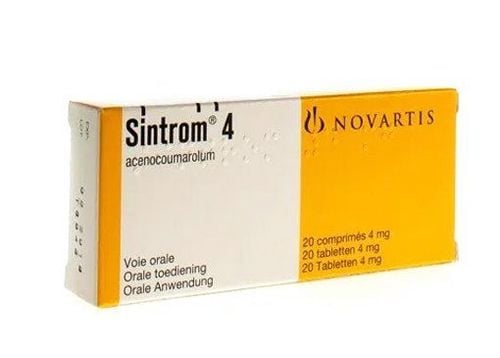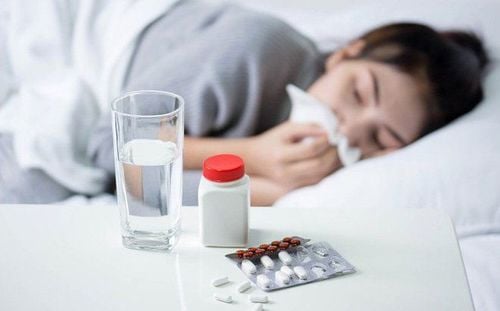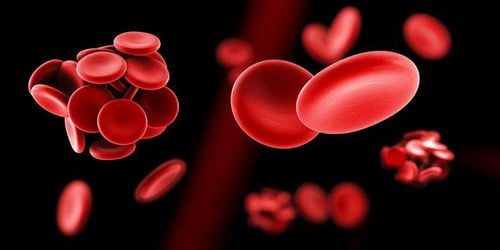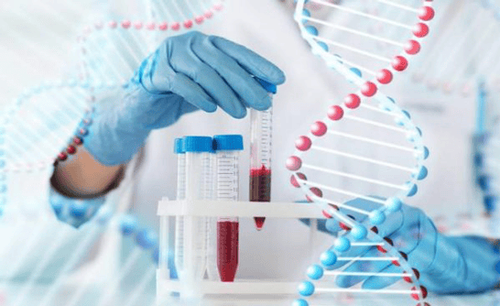This is an automatically translated article.
Taking the anticoagulant Warfarin (Coumadin®, Zofarin®) or Acenocoumaron (Sintrom®, Mini-sintrom®) daily is essential for your condition. When using drugs, it is important to note the following 8 things:1. Strictly follow the doctor's instructions Take the medicine regularly, at the right dose at a fixed time of the day Do not stop taking the medicine suddenly for any reason without consulting the doctor If you forget to take it medicine and remember it for the day, take the missed dose right away. If you forget to take your medicine and remember it the next day, just continue taking it as usual. Do not take a double dose to make up for the missed dose. Visit your doctor for regular blood tests and checkups as scheduled.

Tuân thủ đúng chỉ định của bác sỹ
3. Oral Care Always inform your doctor, dentist, or pharmacist that you are taking anticoagulants during medical examination, tooth extraction, surgery or any minor procedure. Take good care of your teeth, use a soft brush and an electric razor. You should visit your dentist regularly.

Prescription drugs: Amiodarone (Cordarone®), antibiotics, Clopidogrel (Plavix®)... Over-the-counter drugs : Paracetamol (Panadol®, Efferalgan®); Ibuprofen, Aspirin and other non-steroidal anti-inflammatory and pain relievers, Ranitidine (Zantac®)... Some medicines that can decrease the effectiveness of anticoagulants (increase the risk of blood clots) include: - Vitamin supplements with vitamin K ingredients - Functional foods, herbs containing vitamin K, fish oil, Ginkgo, Co-Enzyme Q10, flax oil, ginseng... 5. Avoid activities with risk of bleeding Avoid activities with risk of bleeding injuries, falls, accidents, especially head injuries. Immediately seek medical attention as soon as you have an injury, especially a head accident, and inform the medical staff that you are taking anticoagulants.
6. Go to the doctor immediately if there are danger signs Go to the doctor immediately if you have the following danger signs:
Bleeding lasts more than 10 minutes to stop; Bleeding tooth ; Frequent bruising under the skin; Menstrual cycles are longer and more frequent than usual; Nosebleed; Passing black or bloody stools; Vomiting blood; Bloody, red, brown, or pink urine; Dizzy; Very tired; Weak people; Severe headache.

8. Avoid foods rich in vitamin K such as avocado, soy milk, ginseng,... Diet:
Don't drink a lot of alcohol (maximum 2 cups/day). Tell your doctor if you smoke or have quit. Foods rich in vitamin K should be eaten in moderation because Vitamin K can reduce the effect of anticoagulants. It is necessary to maintain a stable daily intake of vitamin K to ensure stable effects of the drug. Foods rich in vitamin K include:
Avocado, soy milk, ginseng Green vegetables and fruits with many green colors: Amaranth, kale, spinach, green lettuce, coriander, lettuce , water spinach, sweet potato, asparagus, cabbage, broccoli, okra, peas, onions Spices, herbs: marjoram, mint, thyme, basil, celery, coriander.













